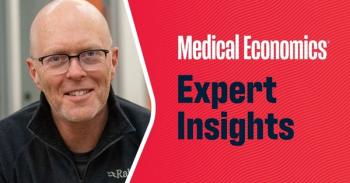
Viewpoint: Preparing for the unexpected
When we see the aftermath of a natural or man-made disaster on television or in newspaper reports, we tend to be overwhelmed by the destruction and human impact and think we have some idea of what it must be like to be there. Or at least that's what the author thought until she saw the devastation firsthand of the aftermath of Hurricane Andrew in 1992.
I was sent to Florida on a reporting assignment for a healthcare magazine immediately following Andrew, the third most powerful Category 5 hurricane to make landfall in this country during the 20th century. Armed with what I thought were excellent, detailed directions from the airport, I jumped into my rental car in this pre-personal GPS world. It didn't take long to realize that many of the landmarks I had been given to find my way to appointments were gone or no longer recognizable. Many street signs were missing, and some areas weren't passable due to debris.
It seemed surreal to see one home or business intact and the next damaged beyond recognition with an insurance company name, address, and member number spray-painted on what remained of the building. You could hear the constant buzz of people's generators in the background-for those lucky enough to have them.
With the long list of to-dos that every practice has, it's possible that the creation of your practice's disaster preparedness plan has been pushed back while more pressing priorities have taken precedence. After all, a study by AMR Research in 2006 found that only 32 percent of businesses have a plan in place.
Experts advise that having a detailed, actionable plan can mean the difference between staying open or not following a disaster. With that in mind, Senior Editor Morgan Lewis talked to disaster-preparedness experts, as well as physicians who have been through a disaster, to compile their best tips and lessons for you. In addition, physicians who have given of themselves and their expertise to help disaster victims share their amazing stories from the front lines in an article by Senior Editor Jeffrey Bendix.
The experts make this point clear when it comes to disaster preparedness: You don't need to live in a tornado alley, earthquake-prone area, or coastal town to be at risk for a natural-or human-made-disaster. Everyone, and every practice, should be prepared for the unexpected.
Tara Stultz Editor-in-Chief
Newsletter
Stay informed and empowered with Medical Economics enewsletter, delivering expert insights, financial strategies, practice management tips and technology trends — tailored for today’s physicians.






